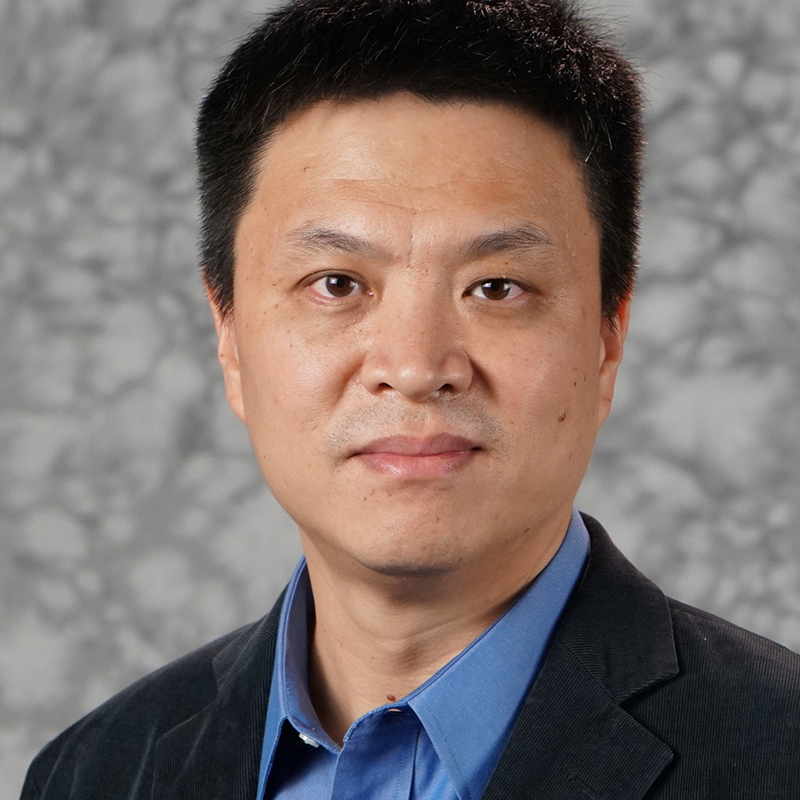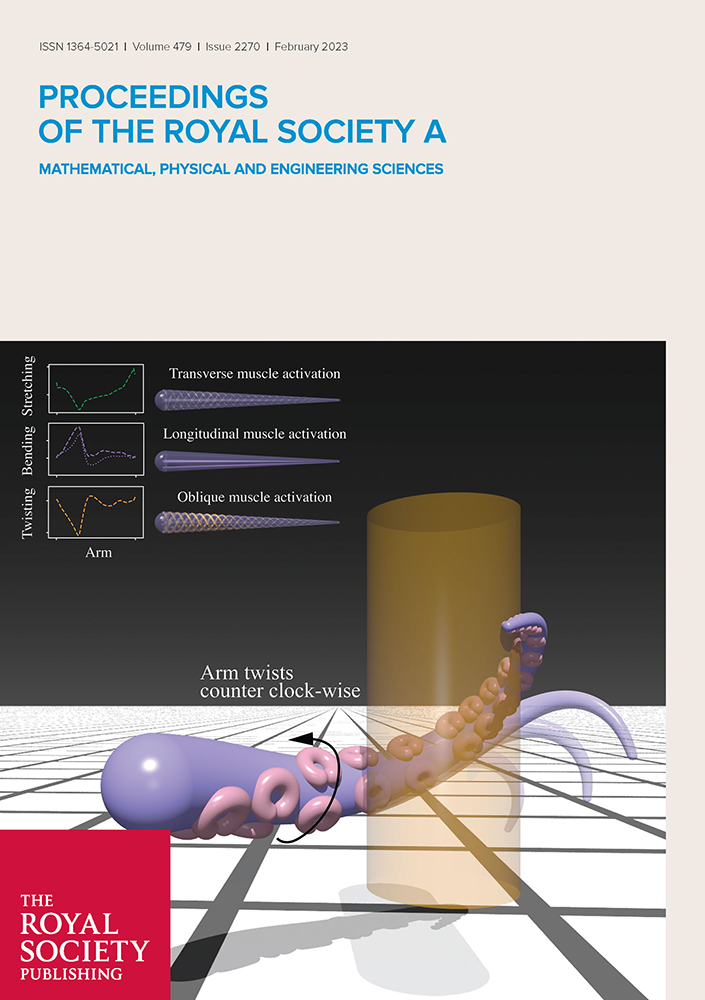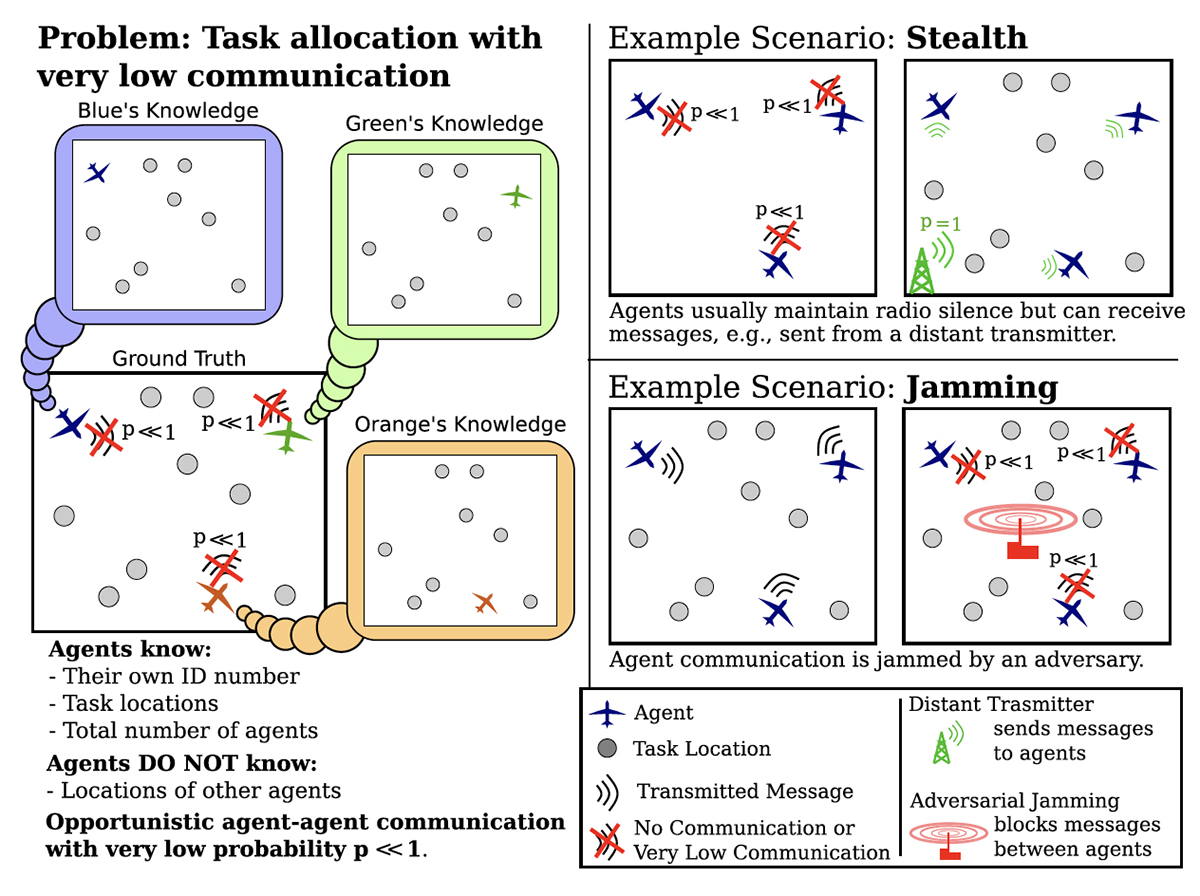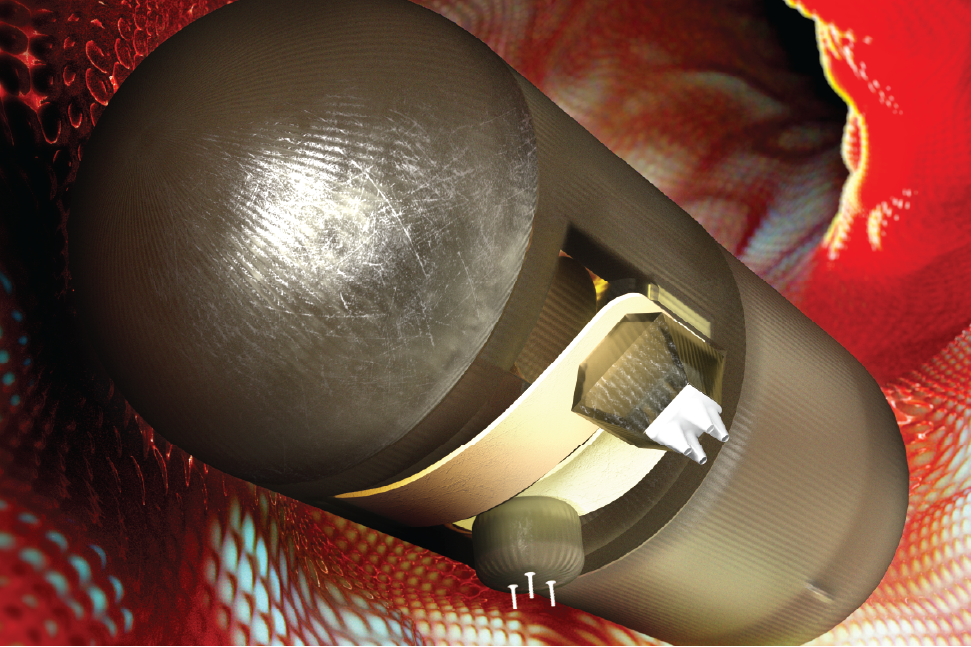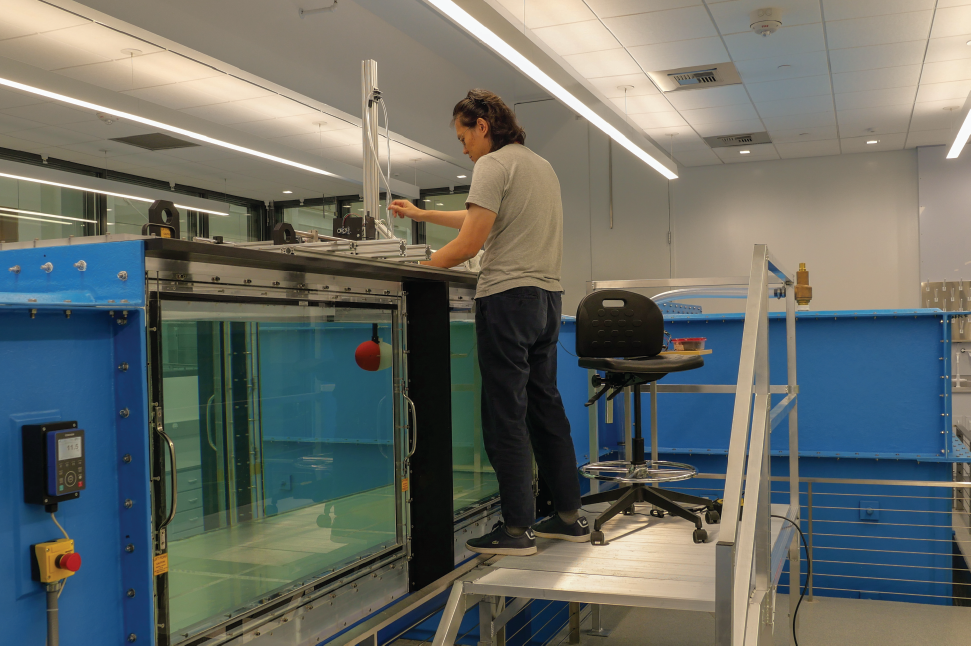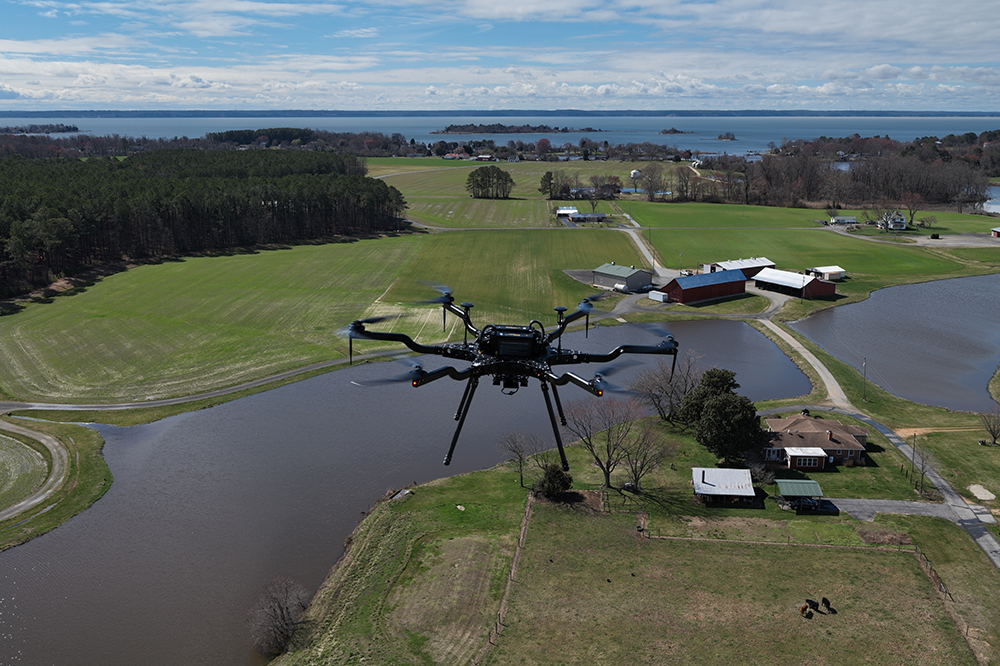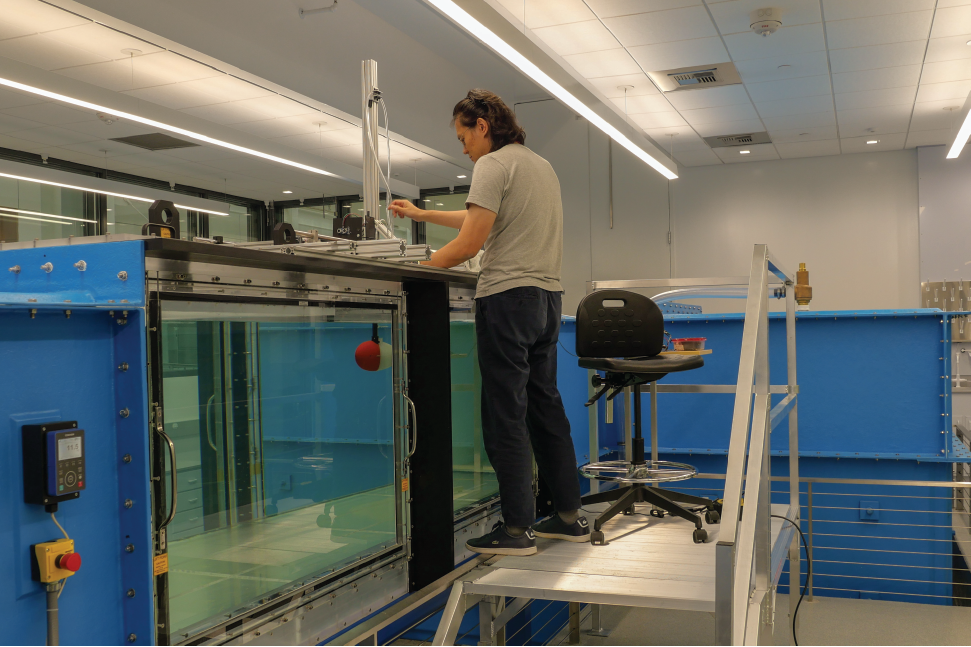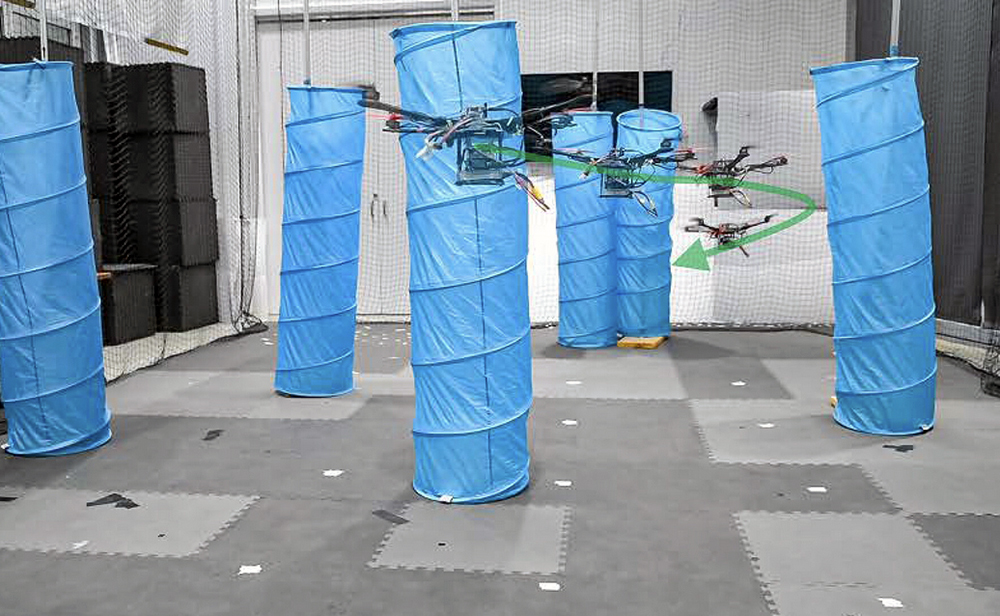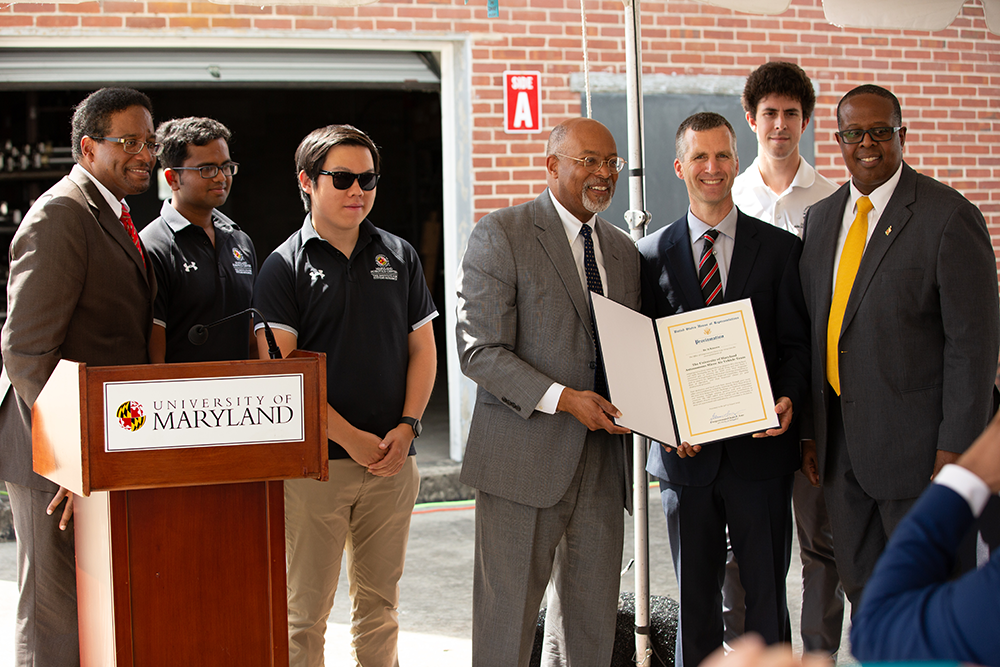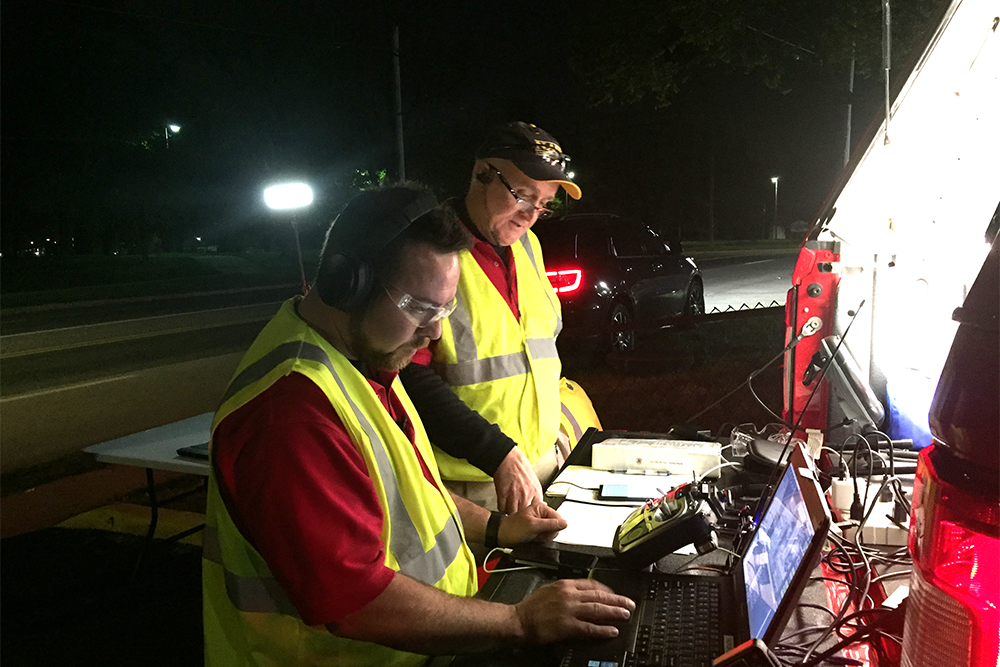News Story
ECE and ISR alumni feature prominently at American Control Conference

From top: Fumin Zhang, Xiaobo Tan, Sean Andersson.
Three ECE/ISR alumni played key roles at the 2023 American Control Conference (ACC 2023), held earlier this summer in San Diego.
Xiaobo Tan (EE Ph.D. 2002) was the general chair and Sean Andersson (ECE Ph.D. 2003) was the program chair. Fumin Zhang (EE Ph.D. 2004) gave a semi-plenary lecture on “Autonomy for Active Perception by Robot Swarms” at the conference.
Fumin Zhang
Zhang is a professor in the School of Electrical and Computer Engineering at the Georgia Institute of Technology. He was the recipient of an ONR Young Investigator Program award for “Generic Environment Models (GEMs) for Agile Marine Autonomy” in 2010 and an NSF CAREER Award for “Feasibility of Control Tasks: Towards Control-Computing-Power Co-Design” in 2009.
His research interests are in the design and control of marine robots, mobile sensor networks, human aware control and planning, and cyber-physical systems theory. He is interested in cyber-physical systems that integrate control theory, embedded systems and distributed sensing algorithms with real world applications constrained by environmental disturbances and limited power.
At Maryland, Zhang was advised by Professor P.S. Krishnaprasad (ECE/ISR). Zhang joined Georgia Tech in 2007, after completing a postdoctoral appointment in the Department of Mechanical and Aerospace Engineering at Princeton University with another alum, Professor Naomi Leonard (EE Ph.D. 1994).
Xiaobo Tan
Tan is a Foundation Professor and Richard M. Hong Endowed Chair in the Department of Electrical and Computer Engineering at Michigan State University. He directs the Smart Microsystems Laboratory there. Tan received the 2018 Withrow Distinguished Scholar Award (senior category) from the Michigan State University College of Engineering.
An expert in automatic control systems, he has made significant contributions to modeling and control of smart materials, and is internationally recognized for his seminal work in developing fish-like robots for underwater sensing. He has successfully blended deep theoretical concepts into his research with practical approaches to provide innovative solutions to complex problems. His research is interdisciplinary, spanning controls, dynamics, materials, fabrication, and robotics. He has established extensive collaborations at MSU and beyond with electrical and mechanical engineers, computer scientists, environmental scientists, and ecologists.
Tan was elected a Fellow of the American Society of Mechanical Engineers in 2019 and a Fellow of the Institute of Electrical and Electronics Engineers in 2016. He won an NSF CAREER Award in 2006 for "Dexterous Biomimetic Micromanipulation Using Artificial Muscles: Modeling, Sensing and Control."
At Maryland, Tan was advised by Professor John Baras (ECE/ISR) and Professor P. S. Krishnaprasad (ECE/ISR).
Sean Andersson
Andersson was recently named chair of the Boston University Mechanical Engineering Department. He had been serving as interim chair of the department since July 2022, and has been on the university's faculty since 2006.
A former student of Professor P. S. Krishnaprasad (ECE/ISR), Andersson has conducted research in advanced systems and control theory with applications in scanning probe microscopy, dynamics in molecular systems, and robotics operating in real-world environments. In addition to his active research program, since 2019 Andersson has served as director of the Master of Science program in Robotics & Autonomous Systems and is helping to create a new Robotics & Autonomous Systems Teaching and Innovation Center.
Published July 3, 2023
